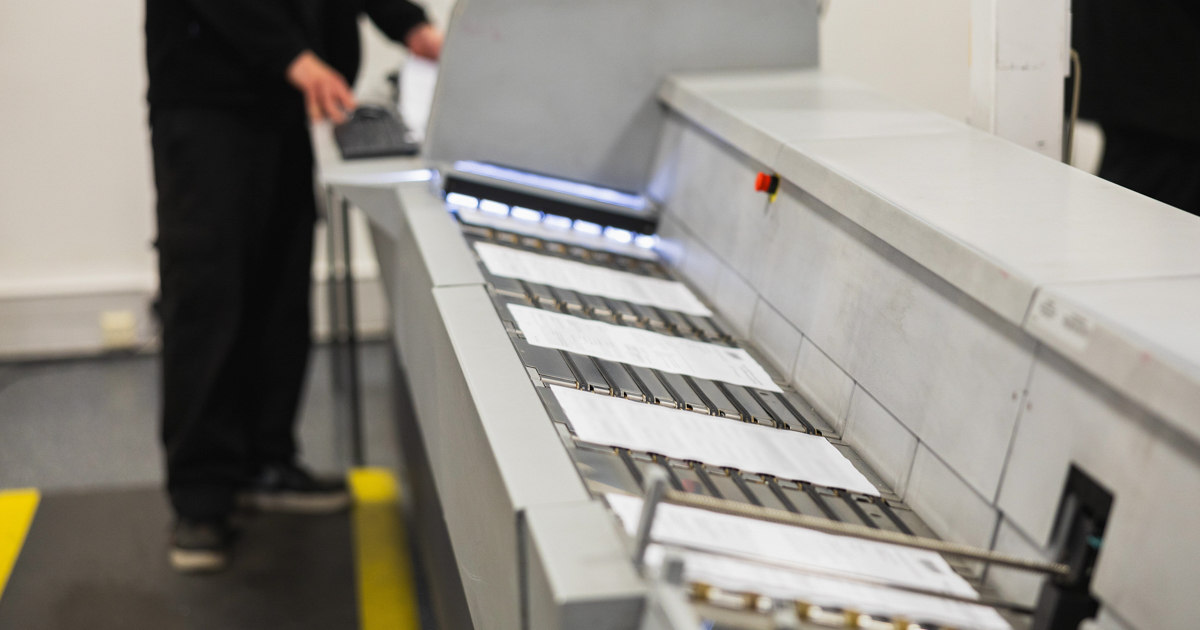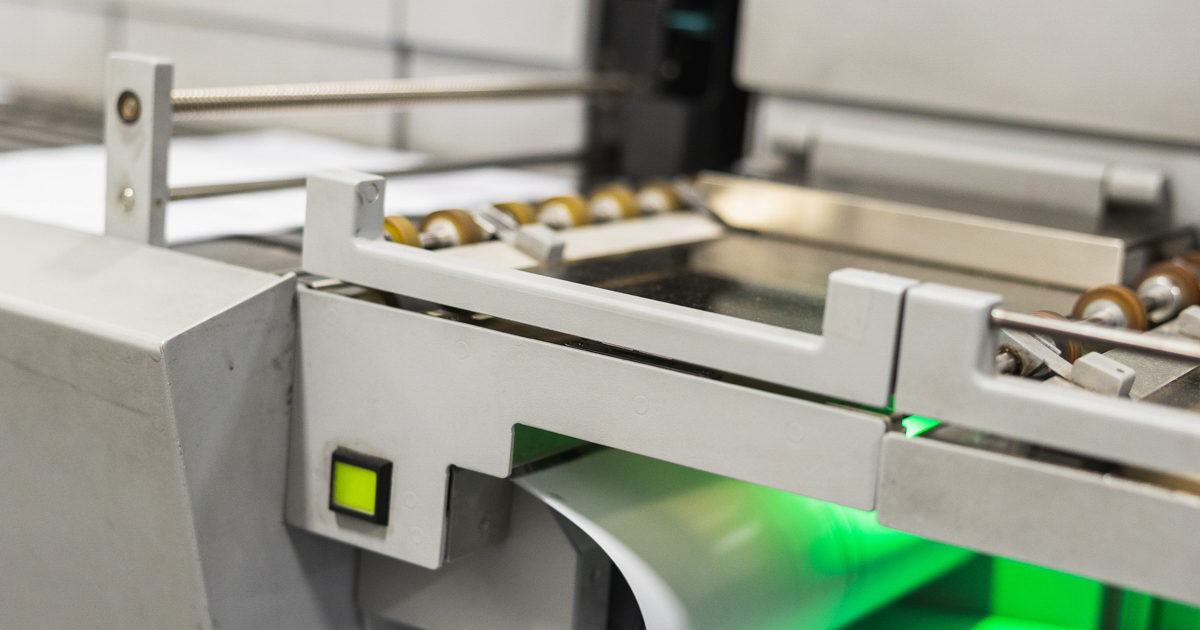Unlock the future
Archives are vital for preserving history and information. But what if that information is locked away in physical files, inaccessible to most? Relying solely on physical storage for important documents comes with a host of problems.

Here’s why digitising your archives is the key to ensuring their survival and accessibility:
1. Physical Degradation: Time is not kind to paper. Documents can become brittle, fade, or even crumble with age. Digital copies, on the other hand, are immune to physical wear and tear.
2. Limited Accessibility: Archives are often restricted spaces, with limited hours and access procedures. Digitisation allows remote access, enabling researchers, students, or even the general public to view historical records from anywhere.
3. Risk of Loss: Disasters like fires, floods, or even simple misplacement can permanently destroy irreplaceable documents. Digital backups stored securely off-site eliminate this risk.
4. Search and Retrieval: Sifting through physical files can be a time-consuming task. Digital archives allow for keyword searches, making it much easier to locate specific information.
5. Collaboration and Sharing: Digitised documents can be easily shared electronically with colleagues, researchers, or the public. This fosters collaboration and a wider understanding of historical events.
By embracing digitisation, archives can become vibrant hubs of information, not dusty repositories of the past. The future of history depends on making the past accessible, and digitisation is the key to unlocking these invaluable resources.
Digitisation, Digitalisation and Digital Transformation Services to Support Your Organisation




